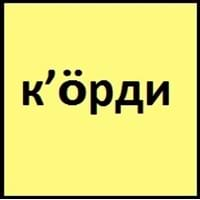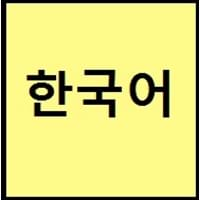Kurdish vs Korean
- The vocabulary in Kurdish is of Iranian origin.
- In the middle East, Kurdish is the fourth largest ethnic group.
- Korean has borrowed words from English and Chinese.
- Korean has two counting systems. First, is based on Chinese characters and numbers are similar to Chinese numbers, and second counting system is from words unique to Korea.
Kurdish and Korean Language History
Comparison of Kurdish vs Korean language history gives us differences between origin of Kurdish and Korean language. History of Kurdish language states that this language originated in 16th century CE whereas history of Korean language states that this language originated in Before 1st century. Family of the language also forms a part of history of that language. More on language families of these languages can be found out on Kurdish and Korean Language History.
Kurdish and Korean Greetings
People around the world use different languages to interact with each other. Even if we cannot communicate fluently in any language, it will always be beneficial to know about some of the common greetings or phrases from that language. This is where Kurdish and Korean greetings helps you to understand basic phrases in Kurdish and Korean language. Kurdish word for "Hello" is Silaw or Korean word for "Thank You" is 감사합니다 (gamsahabnida). Find more of such common Kurdish Greetings and Korean Greetings. These greetings will help you to be more confident when conversing with natives that speak these languages.
Kurdish vs Korean Difficulty
The Kurdish vs Korean difficulty level basically depends on the number of Kurdish Alphabets and Korean Alphabets. Also the number of vowels and consonants in the language plays an important role in deciding the difficulty level of that language. The important points to be considered when we compare Kurdish and Korean are the origin, speaking countries, language family, different greetings, speaking population of these languages. Want to know in Kurdish and Korean, which language is harder to learn? Time required to learn Kurdish is 4 weeks while to learn Korean time required is 88 weeks.





